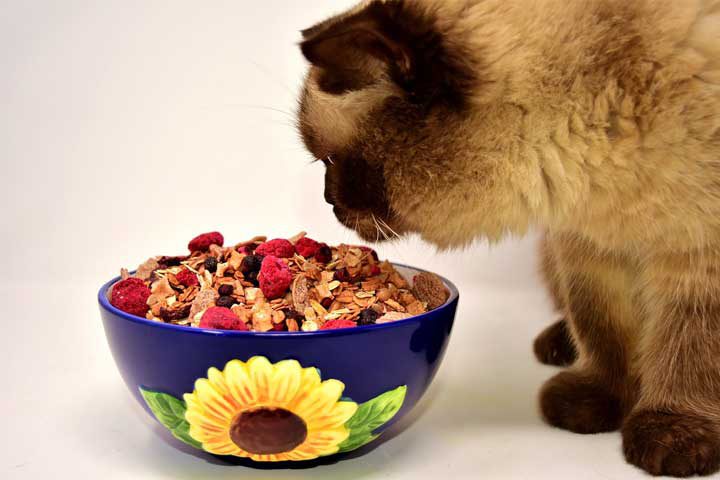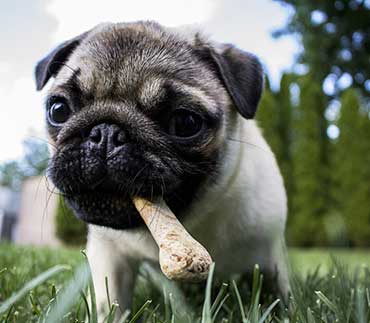
Pet Nutrition
Pet nutrition is one of the most overlooked sector to pet care as most pets are easily pleased when it comes to food, In particular, dogs and cats are often eager to share in the food that humans eat, however, their nutrition needs are very different from ours and Investment in high quality nutrition for your pets creates a good basis for a long and happy relationship with them.
The standard nutrients needed by cats and dogs are: carbohydrates, proteins, fats and water. Pet diets should be rich in these substances in order to keep animals fit, healthy and happy.
Pound for pound, cats need twice as much protein as humans and dogs do. Cats are “obligate carnivores” meaning they need to eat animal protein in order to obtain all the amino acids that they need for their diet, particularly the amino acid Taurine, which can only be obtained from meat.
Taurine is vital for a cats heart, eye and reproductive functions. Most mammals can make this from other amino acids, but cats don’t have this ability. A meat-rich diet also gives cats supplies of Vitamin A and amino acids are the building blocks used in the make up of many structures within the body. Taurine works in the heart wall, retina and the brain so a deficiency could cause some serious problems.

Protein should make up around 18% of a dogs diet. They can get their meat from vegetables as well as meat, unlike the cat. Dogs can use the ingested protein to create the required amino acids that are needed to recreate and repair structures within the body.
Dogs need fats in their diets to keep their coat, skin, nose and paw pads healthy. A dog will often eat more fats than it needs as they are usually very fond of them, but too many will cause them to gain weight. Fatty acids are vital for both cats and dogs as they help them to absorb vitamins A, D and E. Cats use fats as an energy source, though again, if too many are eaten they can be come obese and suffer some health problems such as diabetes and arthritis.
Animals are made up of 60%-70% water. Due to this it is vital for pets to have a constant, clean water supply. Especially a cat as their diet usually only contains 5%-10% water so it is easy for them to become dehydrated.
Dogs and cats are evolved to get the majority of their nutrients from fats and proteins, though they still require some carbohydrates in the body to assist with some cellular function and energy storage.
Pet Nutrition – Feeding your pets
There is no particular science to feeding your pet but it is important to note that the most common problem facing pets today is overfeeding, which can lead to pet obesity. Pet food is usually sold in either dry or wet format, with owners choosing how to feed their dogs during the day. Some will fill a bowl with dry food, allowing their pet to graze during the day, eating when they are hungry. Others will feed their pet with wet or dry food at intervals during the day. Other owners choose to provide their pets with fresh food, or make extras for their animals whilst cooking their main dinner.
A balanced diet featuring the above listed nutrients and a fresh supply of water is an investment in a long and happy relationship with a pet that can bring endless joy and happiness into a home.
[vc_btn title=”Find out about our Cat and Dog Products” color=”success” align=”center” css_animation=”zoomIn” link=”url:https%3A%2F%2Ftslwd.nimsite.uk%2Fproduct-category%2Fpet-products%2F|||”][vc_row][vc_column][vc_column_text]
